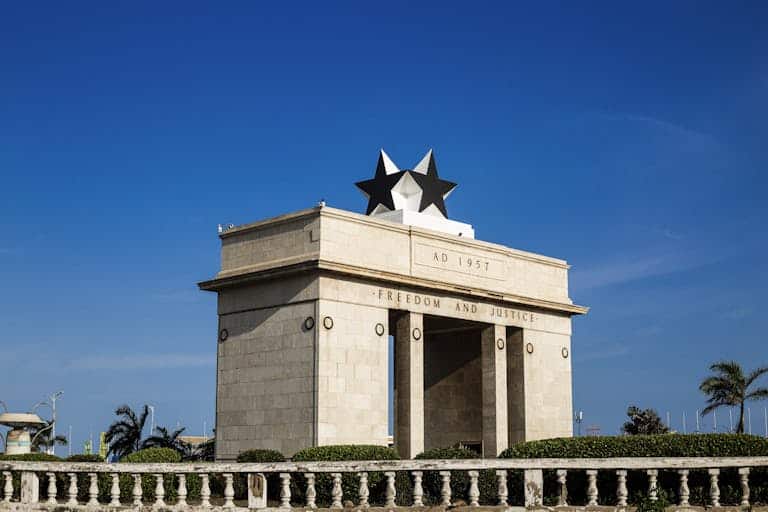This is a premium article written by one of our experts.
Check out

Ghana Residency for Expats: Complete Guide to Permits & Process
This is a premium article written by one of our experts. Upgrade to Navigator or Pathfinder read the full article

Navigating Jealousy and Sabotage: Challenges for Diasporans in Ghana
Navigating jealousy and sabotage as a diasporan in Ghana presents unique challenges deeply intertwined with cultural dynamics, economic competition, and social hierarchies. Understanding these complexities can help expats and returnees thrive personally and professionally.
Pepsodent, Omo, and Fanta: Exploring Ghana’s Everyday Brand Language
This is a premium article written by one of our experts. Upgrade to Navigator or Pathfinder read the full article

What NOT to Pack: Top Items Expats Regret Shipping to Ghana
Moving to Ghana is an exciting adventure, but if you’re like most expats, you’re probably agonizing over what to bring and what to leave behind. A recent conversation in an expat Facebook group revealed some eye-opening truths about relocation regrets—and the responses were both hilarious and enlightening.

Moving to Ghana from the US: Cost of Living Calculator & Guide
This is a premium article written by one of our experts. Upgrade to Navigator or Pathfinder read the full article

Essential Guide to Hiring a Safe & Trustworthy Driver in Ghana
This is a premium article written by one of our experts. Upgrade to Navigator or Pathfinder read the full article
One Comment
Comments are closed.